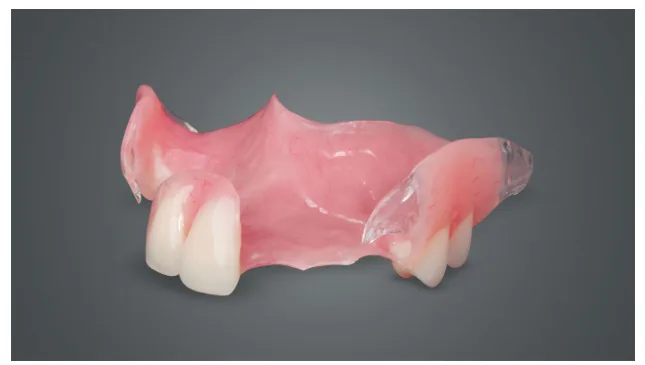How service history helps in used-car negotiation
Buying a used car is all about information, transparency, and negotiation. One of the most powerful tools you can bring to the negotiation table is a car service history. A detailed and verified service record doesn’t just show how well the car was maintained, it also gives you leverage to negotiate better, avoid hidden problems, and make an informed buying decision.
In this guide, we’ll explore how service history impacts negotiations, why buyers should always check it, and how sellers can use it to secure a higher price.
Why service history matters in used-car negotiation
Car service history plays a crucial role in determining a vehicle’s condition, reliability, and true value. A well-documented maintenance record helps both buyers and sellers understand whether the car has been properly looked after.
For buyers, service history helps identify:
- Patterns of regular maintenance
- Whether major services (like timing belt or clutch replacement) were done
- Recurring issues that may signal future repairs
- Gaps in service that could indicate negligence or tampering
Sellers who maintain a complete service history benefit as well. It helps justify a higher asking price because the records prove the car has not been neglected. In an era where transparency builds trust, a clean and verified service history is a major selling point.
How service history helps buyers spot red flags
Used car verification relies heavily on service history to validate the authenticity of the vehicle’s mileage, usage patterns, and maintenance records.
Here’s how a service history report helps buyers identify red flags:
1. Mileage inconsistencies
Odometer fraud is still common in the used car market. Comparing the mileage recorded during each service helps detect any suspicious drops or unrealistic jumps. If mileage does not align with the car’s age or usage pattern, it’s a major negotiation point or a reason to walk away.
2. Missed major services
Cars have specific service milestones at 10,000 km, 20,000 km, and so on. Missing major services such as engine oil changes, brake fluid replacements, or timing belt changes can lead to expensive issues later. If the seller skipped these, you can negotiate down based on estimated future repair costs.
3. Repeated repairs
A history of repeated repairs on the same component can indicate deeper problems. For example, repeated clutch repairs, electrical issues, or engine warnings suggest unreliability.
4. Accidental or body work indicators
Some service history reports include notes about bodywork, panel replacements, or paint jobs. These may reveal undisclosed accidents and another strong negotiation angle.
How sellers can use service history to secure a better price
While buyers use service history to negotiate downwards, sellers can use it to defend their price. A complete, genuine service history signals to buyers that the car is well-maintained, reliable, and worth its asking price.
Sellers can highlight:
- Regular oil changes
- Timely replacement of consumables (brakes, coolant, filters)
- Major component replacements already completed
- Consistent dealership or authorized service center visits
A car with complete service records sells faster and at a higher value compared to a car with missing or unclear records.
Using service history as a negotiation tool
Whether you’re the buyer or seller, car service history verification gives you factual grounds to negotiate:
For Buyers:
You can negotiate a lower price if:
- Services were delayed or skipped
- Mileage appears inconsistent
- Major repairs are pending
- The car has been serviced at non-authorized workshops (lower resale value)
Using estimated repair costs (e.g., ₹8,000 for brake pads, ₹12,000 for clutch set, ₹20,000+ for suspension) strengthens your negotiation argument.
For Sellers:
You can maintain your price by:
- Presenting a complete and verified service report
- Showing evidence of major repairs already completed
- Demonstrating consistent maintenance discipline
- Sharing receipts of recent service work
Buyers value peace of mind, and a clean service history provides exactly that.
Why you should verify service history before closing the deal
Checking vehicle details is essential before finalizing a used-car purchase. Verification ensures the records are genuine and not modified or fabricated. Many sellers provide partial information, but a verified report from an independent platform gives complete transparency.
Benefits of verifying service history include:
- Avoiding accidental or flood-damaged cars
- Ensuring the car was not a commercial or rental vehicle
- Understanding long-term usage patterns
- Confirming the car’s valuation
A verified service history gives you the confidence to negotiate smartly and make a well-informed decision.
Final Thoughts
In the used car market, negotiation is all about knowledge and nothing provides better knowledge than a complete and verified car service history. Whether you’re buying or selling, it plays a central role in determining the true value of the vehicle and ensuring a fair deal for both parties.






